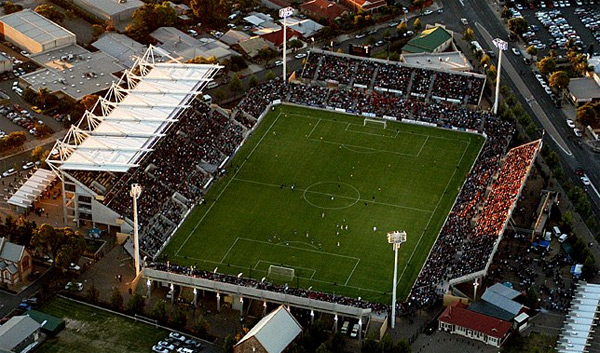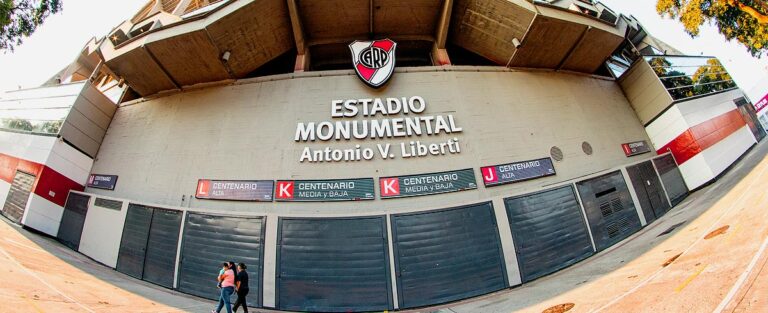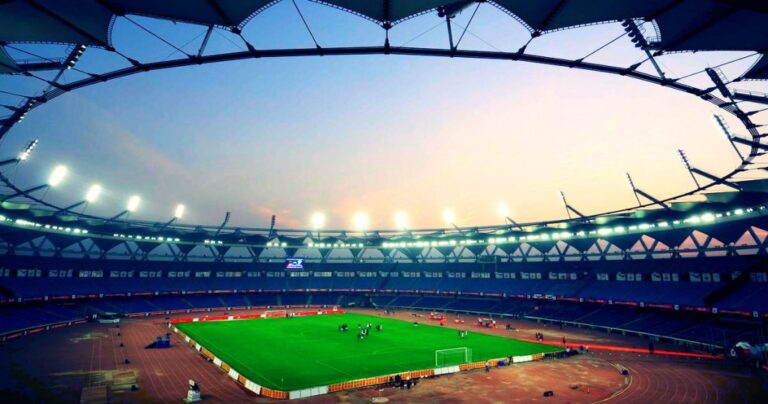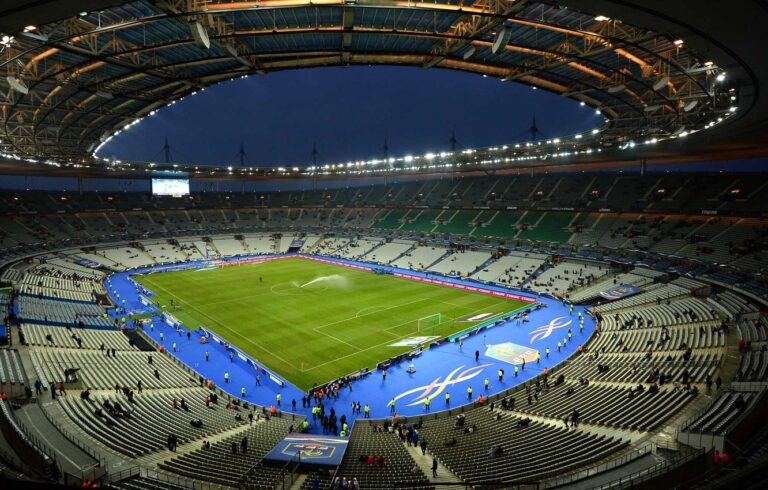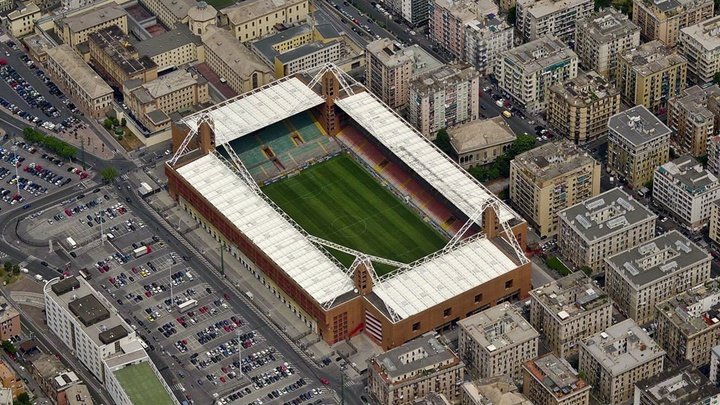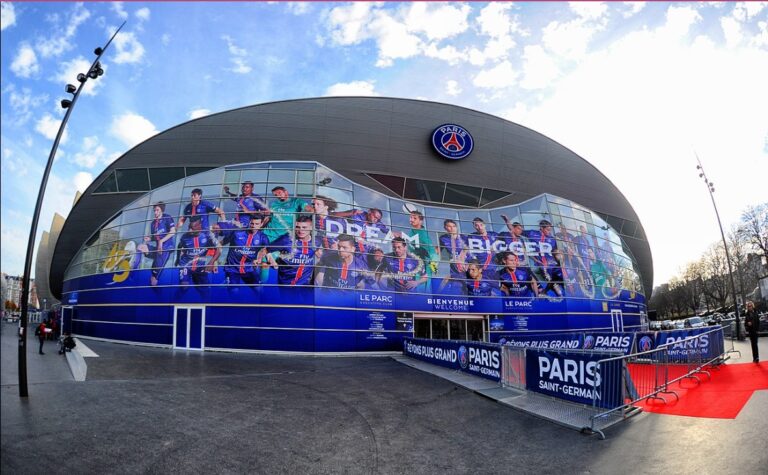Juventus Stadium Capacity, Tickets, Seating Plan, Records, Location, Parking
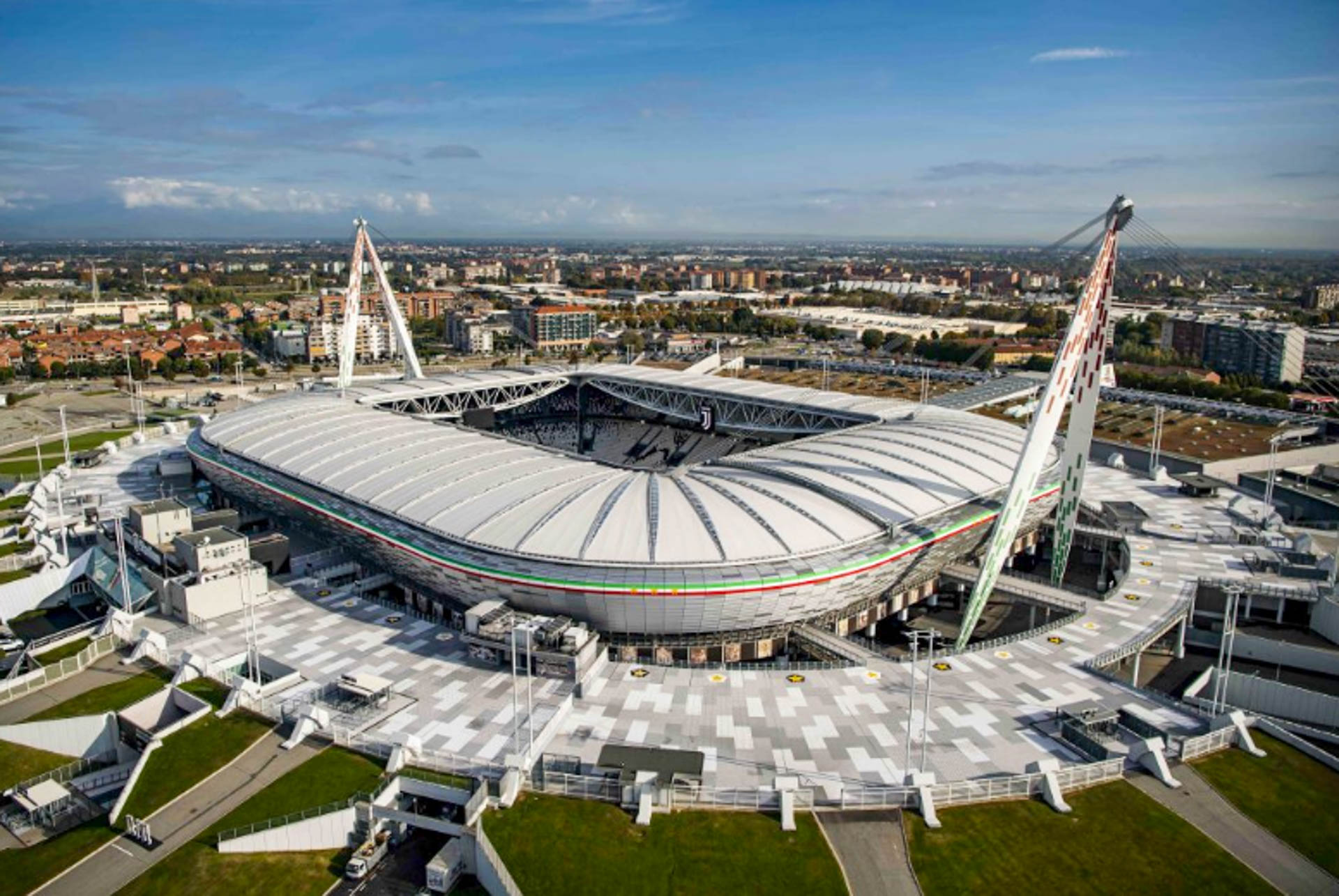
Juventus Stadium, known for sponsorship reasons as the Allianz Stadium since July 2017, sometimes simply known in Italy as the Stadium (Italian: Lo Stadium), is an all-seater football stadium in the Valletta district in Turin, Italy, and the home of Juventus F.C. The stadium was built on the site of their former ground, the Stadio Delle Alpi in the late 2000s, and is the first modern club-owned football stadium in the country.
It is also one of only four stadiums in Italy accredited to UEFA Category 4, which have the highest technical level in the confederation’s Stadium Infrastructure Regulations, along with the San Siro, the Stadio Olimpico di Roma and the Olympic Stadium Grande Torino. It was inaugurated at the beginning of the 2011-12 season and, with 41,507 spectators, it is the sixth largest football stadium in Italy by seating capacity, as well as the first in Piedmont.
Juventus played the first match at the stadium on 8 September 2011 against Notts County, the world’s oldest professional football club, in a friendly that ended 1–1; Luca Toni scored the first goal. The first official game was against Parma three days later, where Stephan Lichtsteiner scored the stadium’s first official goal in the 16th minute. Juventus only lost three of their first 100 league games at Juventus Stadium.
The stadium hosted the 2014 UEFA Europa League final and the 2021 UEFA Nations League final. In addition, it hosted the 2022 UEFA Women’s Champions League Final. structures related to the club such as the J-Museum, J-Medical and a concept store, as well as a shopping center.
| Built In: | 2009 – 2011 |
| Capacity: | 41,507 |
| Home Teams: | Juventus |
| Ground Size: | 105 m × 68 m |
Juventus Stadium History
Background
Juventus’ previous permanent home, the Stadio delle Alpi, was completed in 1990 to host the 1990 World Cup matches. The club’s move from its previous ancestral home, the Stadio Comunale, to the Stadio delle Alpi was controversial. The new stadium was built at great expense, was relatively less accessible, and had poor visibility due to the running track. Despite Juventus being the best-supported team in Italy (with the most TV subscribers and away section attendance), attendance at the Stadio delle Alpi was dismal. The average attendance was only a third of the stadium’s capacity of 67,000. The club bought the stadium from the local council in 2002, a decision that was popular with the fans. Antonio Giraudo, general director of the Club between 1994 and 2006, commissioned the project to the architect Gino Zavanella; the initial project already included features that would be typical of the final version, such as cutting the oversized capacity of the Delle Alpi by nearly half and removing the running track.
Juventus moved out of the unpopular stadium after the 2006 Winter Olympics held in the city and began plans to build a more intimate and atmospheric venue. During that period, they played their matches at the newly renovated Stadio Olimpico, which was also unpopular due to its low capacity. In November 2008, the club unveiled plans for a new 41,000-seat stadium on the site of the Stadio delle Alpi. The new stadium, built at a cost of 155 million euros, has modern executive boxes, among other novelties. The completion of Juventus Stadium made Juventus the only Serie A club to build and own their stadium at the time. The club’s then president, Giovanni Cobolli Gigli, described the stadium as “a source of great pride”.
Stadium Capacity
Juventus Stadium has a seating capacity of 41,507.
Juventus Stadium Seating Plan
The seating plan includes sections for VIPs, executive seats, and a dedicated section for the Juventus Club Doc, the official fan club of the team. The seating is divided into 4 main sections: Tribuna Tevere, Tribuna Monte Mario, Tribuna D’Onore, and Distinti. The field level seating is composed of Curva Nord, Curva Sud and Curva Sud Est.
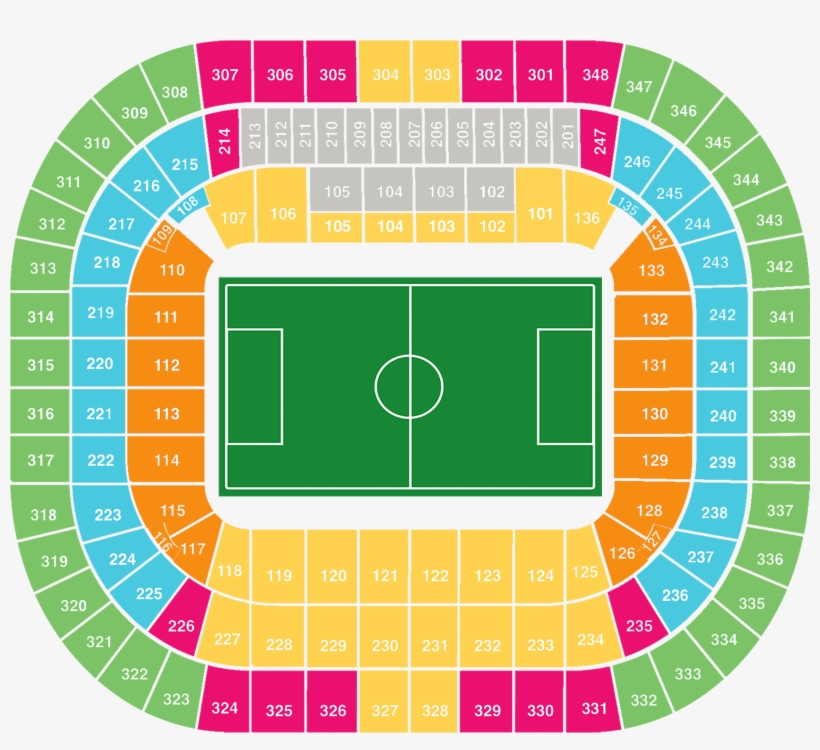
Notable Events & Records
It has seen many records and milestones achieved by the team and its players during its time. Some notable records include:
- The highest attendance at the stadium was set on March 20th, 2016, when 41,470 fans attended a match between Juventus and Bayern Munich in the UEFA Champions League Round of 16.
- The highest number of goals scored by a Juventus player at the stadium is Cristiano Ronaldo, who has scored over 60 goals at Allianz Stadium.
- The first goal scored by a player in the stadium was by Simone Pepe in a friendly match against Notts County on 8th September 2011.
- The first official goal scored by a player in the stadium was by Arturo Vidal in a league match against Parma on 11th September 2011.
These are some records of Juventus Stadium but might not be the complete list.
Upcoming Events
Not Yet.
Parking
Car parking can be purchased, match by match, on the Juventus.com website in the parking section or directly at the Allianz Stadium on match day starting three hours before the match.

